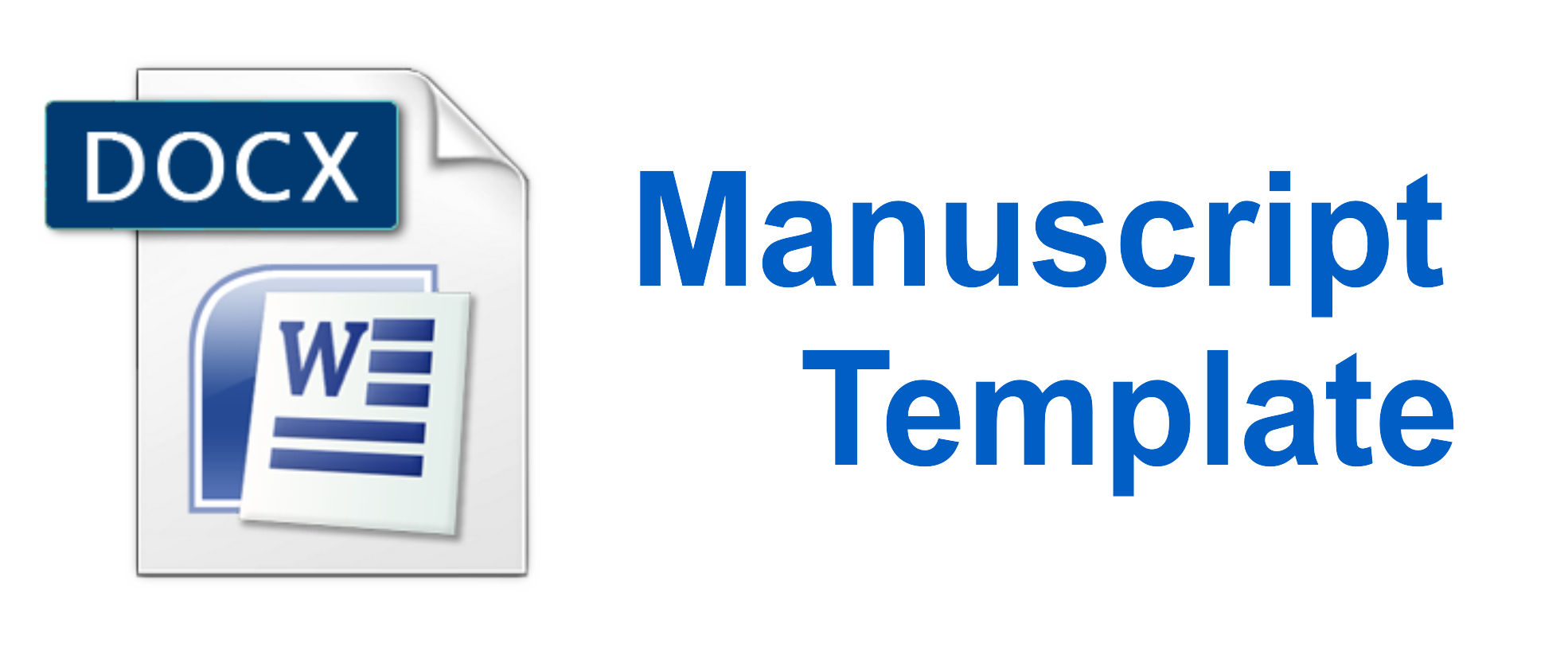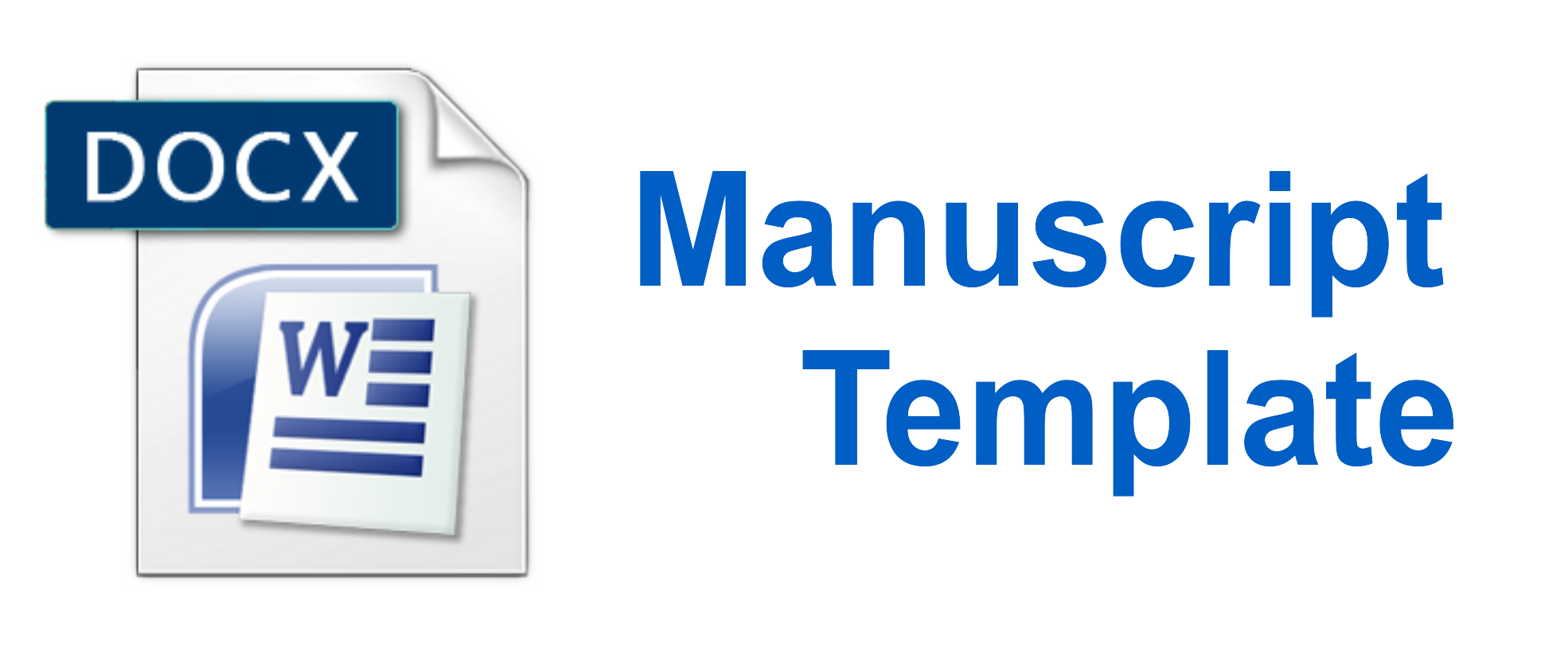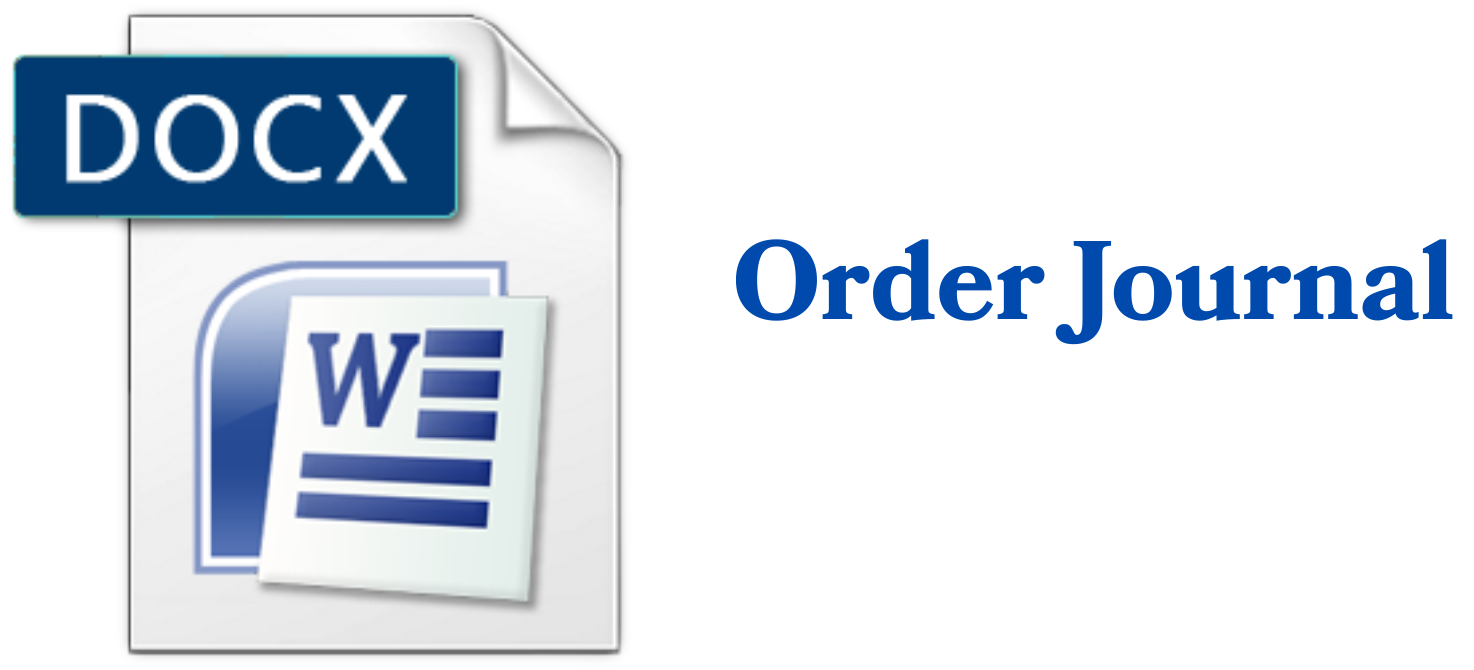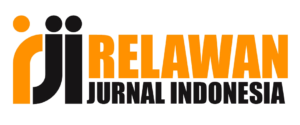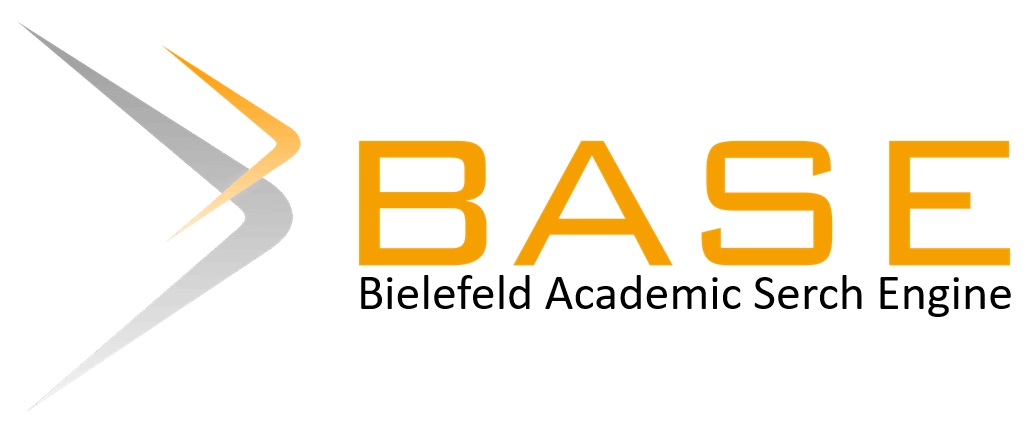PENDIDIKAN KARAKTER DI PESANTREN
DOI:
https://doi.org/10.35316/edupedia.v2i2.325Keywords:
Pendidikan, Karakter, Pesantren.Abstract
The development of science and technology is difficult tostop. Technology as a product of science penetrated all the lines of life. Islamic boarding schoolcan not be separated from technology. Positive and negative of technology is a necessity. The ease of all affairs is one of the positive impacts of technology, while the negative impacts of technology are gave birth to instant-minded and “devilish” human beings. Good character education in these conditions plays an important role in life. Islamic boarding school as an Islamic educational institution in Indonesia is considered and trusted as a character education institution. Indeed, the term character education is introduced and proclaimed by Western educational leaders, but the substance of education has been done in Islamic boarding school. Thomas Lickona called it moral knowing, it is reflected in the akhlak subject in Islamic boarding school, as well as the term moral action is reflected in the praised behavior of the santri and exemplified by the kiai and the ustadz. The integration between moral knowing and good behavior in the students’ real life is able to give birth to the sensitivity to do well (moral feeling). Those three components of character education is implemented in a reflective that is indirectly the cultivation of good characters students such as habituation to do good and exemplary exemplified by ustad and kiai, and also done substantively that is by way of character materials taught directly through moral education in Islamic school or recitations.
Additional Files
Published
How to Cite
Issue
Section
License
Edupedia: Jurnal Studi Pendidikan dan Pedagogi Islam adopts the Creative Commons Attribution–ShareAlike 4.0 International License, which allows users to reproduce, modify, and distribute published articles in any medium for lawful purposes, provided that appropriate attribution is given to the original author(s) and the journal, the license is properly cited, any changes are clearly indicated, and derivative works are distributed under identical licensing terms.
Upon publication in Jurnal Kesehatan Vokasional, authors confer to third parties the rights to use their articles in compliance with the Creative Commons Attribution–ShareAlike 4.0 International License.
Copyright on articles is retained by the respective author(s), without restrictions. A non-exclusive license is granted to Edupedia: Jurnal Studi Pendidikan dan Pedagogi Islam to publish the article and identify itself as its original publisher, along with the commercial right to include the article in a hardcopy issue for sale to libraries and individuals.
![]()



